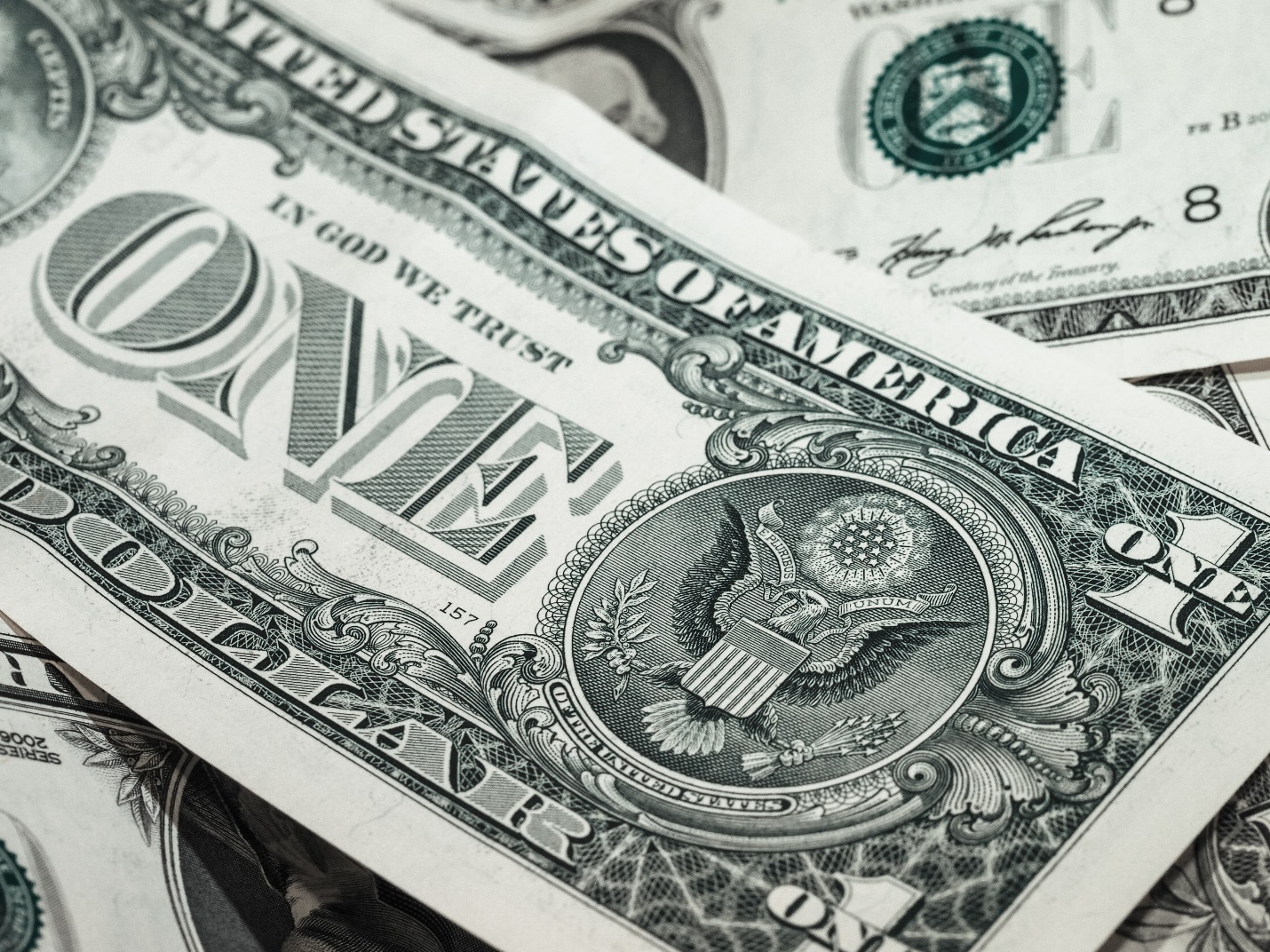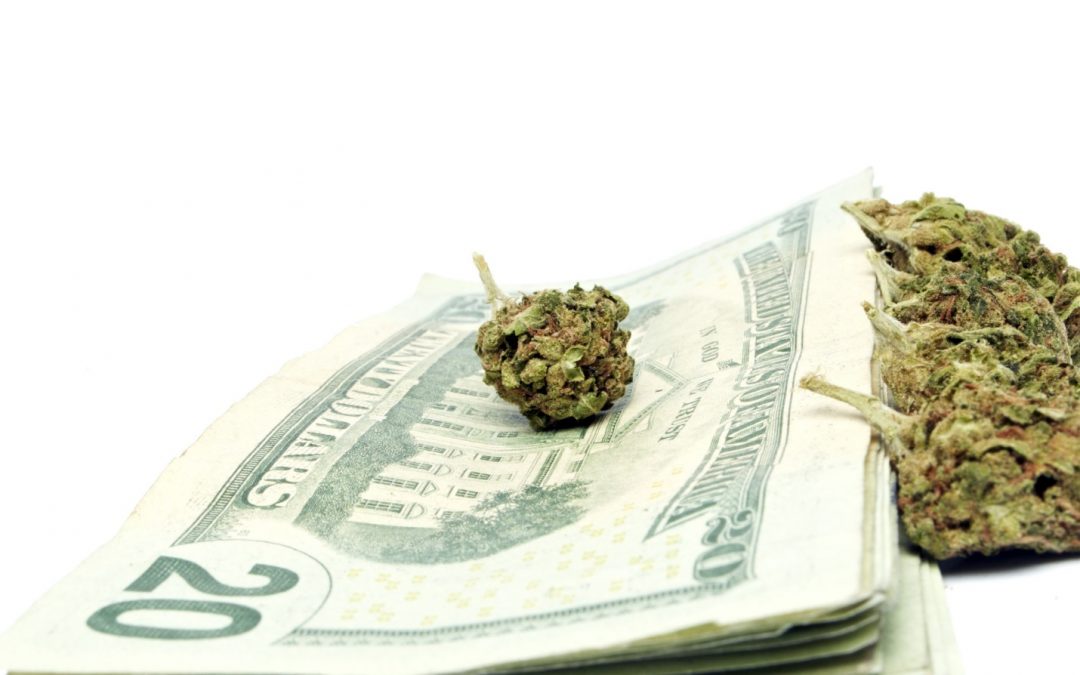Funding can be difficult for medical researchers to come by, particularly those who study niche or controversial medications. Because of its legal status at the federal level, getting funding to research medical marijuana (Cannabis) can be especially difficult, particularly in today’s tough fiscal climate. How does one obtain research funding from a government that’s hostile to the very subject being researched? And more importantly, how can we make it easier for scientists to get the money they need to research better patient care?

Problems with NIDA Funding Marijuana Research
The federal government makes Cannabis illegal. The federal government also provides funding for Cannabis research. As you can see, there’s an agenda or at least a conflict here.
The worst offender is the National Institute on Drug Abuse, or NIDA, which for nearly 50 years maintained a DEA-imposed monopoly over all marijuana supplied to researchers for medical studies. NIDA continues to provide Cannabis for research purposes, as well as funding for research into medical marijuana, but there’s a major catch – most of this research focuses on studying addiction, drug abuse, and other potentially detrimental effects of marijuana, creating a biased body of research that skews toward the negative. To quote NIDA itself, its main areas of focus in marijuana research include:
- “Development and impact assessment of prevention programs on marijuana use.”
- “Driving under the influence of [C]annabis.”
- “Medications, mHealth, and behavioral treatments for [C]annabis use disorder.” (For reference, “mHealth” is a broad term for “mobile health,” which essentially means providing consumers with healthcare information through smartphones and mobile technology.)
- “Screening and brief assessment for [C]annabis use disorder.”
- “Social, behavioral, and public health and safety impacts of policy changes related to marijuana.”
That isn’t to say NIDA contributes absolutely nothing toward unbiased research. For instance, NIDA also funds research into the “potential therapeutic uses of THC and other cannabinoids in treatment of pain, HIV, addiction, and other health conditions.”
However, at the end of the day, NIDA is predominantly an anti-drug agency – don’t forget, the DA in the acronym stands for “Drug Abuse” – whose mission, in its own words, is to “advance science on the causes and consequences of drug use and addiction.” In fact, one of NIDA’s stated objectives is to “develop improved strategies to prevent drug use and its consequences” (italics my emphasis). As recently as 1995, NIDA held the country’s first “National Conference on Marijuana Use: Prevention, Treatment, and Research.”
Despite the agency’s claim of neutrality – NIDA calls itself a “scientific, not a policy-making agency… with the goal of ensuring that the nation’s drug policies are informed by science” – the actions taken and stances adopted over the past several decades would indicate otherwise. The agency’s own words make it easy to see that NIDA pushes aggressively for synthetic cannabinoid medications over botanical Cannabis, despite the fact that these medications are generally less effective and less tolerable compared to the Cannabis flower. To quote NIDA once more, “Various factors make smoked marijuana less therapeutically promising than cannabinoids medications… including the potential harmful effects on the lungs and the risk for addiction.”
As I’ve said time and time again, the only real solution for this problem is removing Cannabis from the DEA’s Schedule I class of drugs. The DEA only gives this designation to “drugs with no currently accepted medical use and a high potential for abuse,” which (1) reinforces attitudes that Cannabis is dangerous, (2) prevents implementation of a nationwide prescribing system, and (3) creates a federal stranglehold on cultivation/manufacture and funding for research purposes. If Cannabis were rescheduled – for example, moved down to Schedule II (which includes medications such as Adderall and Dilaudid) – it would be easier for truly neutral organizations to compete with NIDA and advance unbiased research.

How Much Money Does Marijuana Research Get?
In the meantime, just how much money are we spending on research into Cannabis? The most up-to-date answer can be found in a report issued by the National Institutes of Health (NIH) earlier this month.
According to the NIH report, here’s how much money went into four distinct areas of marijuana research during the 2014, 2015, 2016, and (estimated) 2017 fiscal years:
| 2014 | 2015 | 2016 | 2017 | |
| General Cannabinoid Research | None | $111M | $115M | $120M |
| Therapeutic Cannabinoid Research | None | $21M | $28M | $29M |
| Cannabidiol (CBD) Research | None | $9M | $12M | $12M |
| Endocannabinoid System Research | None | None | $51M | $53M |
By comparison, during 2016 almost $300 million poured into tobacco research. Over $650 million went toward breast cancer research. Research for Alzheimer’s disease received close to $1 billion. You could argue that these areas of medicine affect more people and therefore merit more funding – but on the other hand, you could also argue that since marijuana can be used to alleviate muscle pain, joint pain, stomach pain, nausea, vomiting, insomnia, anxiety, depression, sexual disorders, glaucoma, and muscle spasticity, it has direct bearing on a huge range of patients across a broad spectrum of diseases and disorders.
Medical Marijuana for Pain Relief, Anxiety, and Other Conditions
If you or someone you love has been diagnosed with a qualifying condition in Massachusetts, including cancer, Parkinson’s disease, Crohn’s disease, HIV/AIDS, hepatitis C, ALS, or multiple sclerosis, medical marijuana could help you feel better with minimal side effects. To talk about the benefits of medical Cannabis in a confidential consultation with Dr. Jordan Tishler, Emergency Physician and leading expert in the field of Cannabis therapy, contact Inhale MD at (617) 477-8886 today.

